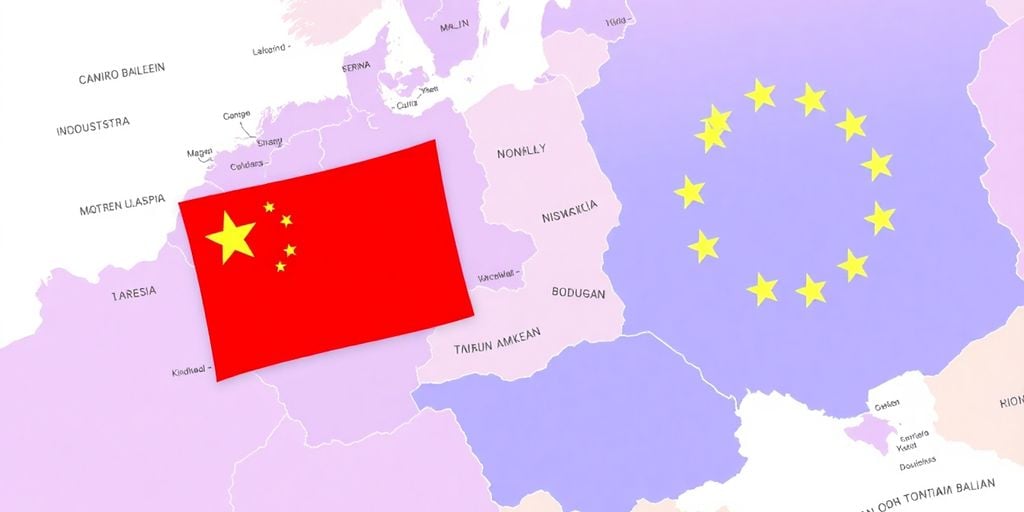China’s expanding economic and geopolitical influence in the Western Balkans is increasingly a cause for concern among European Union officials and analysts. Beijing’s strategic investments, particularly through the Belt and Road Initiative, are reshaping the region’s economic landscape and raising questions about long-term sovereignty and alignment with Euro-Atlantic structures.
Key Takeaways
- China has become a significant non-EU economic actor in the Western Balkans, acting as a creditor and source of foreign direct investment (FDI).
- Serbia is a primary investment hub for China, accounting for the vast majority of Chinese FDI in the region.
- China’s Digital Silk Road initiative is enhancing digital infrastructure but also poses risks related to surveillance and data privacy.
- The EU’s slow accession process for Western Balkan countries has created an opening for China’s increased engagement.
- Concerns exist about potential Chinese leverage through loan agreements and contract clauses.
China’s Growing Economic Footprint
China’s presence in the Western Balkans surged following the 2008 Global Financial Crisis and the subsequent European sovereign debt crisis. The acquisition of a majority stake in Greece’s Port of Piraeus in 2016 marked a significant step, establishing a logistical hub for China’s Belt and Road Initiative (BRI) to access European markets. Serbia has emerged as China’s main investment hub in the region, receiving 96% of China’s total FDI in the Western Balkans in 2023. Investments are concentrated in sectors like mining and metals, though some projects have faced criticism for quality and environmental concerns.
The EU’s Response and Challenges
While the EU remains the largest trading partner and investor in the Western Balkans, its influence is being challenged. The EU’s "Growth Plan" for the region, offering €6 billion in support, includes a significant portion as loans, with only €2 billion in grants. The sluggish and bureaucratic nature of EU accession negotiations has led some Western Balkan nations to seek closer ties with non-EU actors like China and Russia. The EU is now urged to accelerate accession talks and implement stricter investment screening rules to counter China’s growing role.
Digital Infrastructure and Geopolitical Risks
Through its Digital Silk Road (DSR), China is enhancing digital infrastructure and connectivity, benefiting Chinese tech firms like Huawei. However, this expansion raises geopolitical, national security, and foreign-influence risks, including concerns about surveillance and data privacy. Initiatives by the US and EU to promote secure digital infrastructure have had limited impact, leaving the region significantly influenced by the DSR.
Potential Leverage and Future Concerns
China’s engagement is seen as part of a broader strategy to expand economic presence and geopolitical influence. While providing economic opportunities, China’s involvement also presents long-term challenges. Loan agreements with China, though not yet leading to asset seizures in the Western Balkans, contain clauses that could provide leverage. The potential for Beijing to coerce countries economically dependent on China if political lines are crossed remains a significant concern.
Sources
- From Piraeus to the Western Balkans: China’s Growing Footprint in Southeast Europe, Hungarian Conservative.
- Digital Crossroads: China’s Influence in the Western Balkans, German Marshall Fund of the United States.
- The EU should have woken up long ago to China’s growing influence in the Western Balkans, Bruegel.






